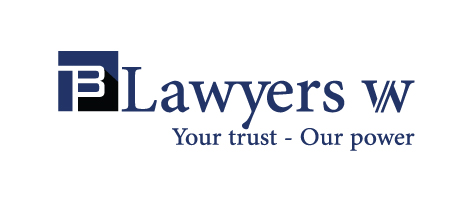Trade secrets (Know-how) are the secrets for enterprises to create new quality products and services for customers. This is a crucial factor affecting an enterprise’s business performance. Competitors frequently think up some methods for obtaining this information. Therefore, keeping trade secrets is always a challenge for enterprises.
Through this article, BLawyers Vietnam would like to provide the definition of know-how, the conditions for the protection of trade secrets, and acts of infringement of the right to trade secrets under Vietnamese law.
I. What is a trade secret (know-how)?
A trade secret means information obtained from activities of financial or intellectual investment, which has not yet been disclosed and which can be used in business. Thus, it can be understood that to be considered a trade secret, it must be met the following three conditions:
- It is a result of activities of financial, intellectual, research, or creative investment;
- Not being previously disclosed to any business in the same field or to the public, the consumer community; and
- Being able to be used in business, creating economic benefits for the owner.
II. Conditions for protection of trade secrets
The statutory conditions
Trade secrets will be protected if it meets the following conditions:
- It is neither common knowledge nor easily obtainable;
- When being used in business, it will give the holder of a trade secret advantage over those who do not hold or do not use such trade secrets; and
- Being secured by the owner by necessary means so that the secrets will not be disclosed nor be easily accessible.
The objects ineligible for protection as trade secrets
Enterprises should pay attention to objects ineligible for protection as trade secrets, including:
- Personal identification secrets;
- State management secrets;
- National defense and security secrets; and
- Other confidential information unrelated to business.
At the same time, an enterprise can only be protected with a trade secret if it legally acquired such secrets and kept its secrets.
III. No regulation on registering trade secrets in Vietnam
By law, industrial property rights to a trade secret are established based on financial, intellectual investment, or any other lawful means. Accordingly, enterprises do not need to carry out registration procedures to protect their trade secrets.
IV. Acts of infringement of the right to trade secrets
The following acts shall be deemed infringements of the right to trade secrets:
- Accessing or acquiring information about a trade secret by taking acts against secrecy-keeping measures applied by lawful controllers of such trade secrets.
- Disclosing or using information about a trade secret without the permission of the owner of such trade secrets.
- Breaching secrecy-keeping contracts or deceiving, inducing, buying off, forcing, seducing, or abusing the trust of persons in charge of secrecy-keeping to access, acquire or disclose a trade secret.
- Accessing or acquiring information about the trade secrets of an applicant for a license for trading in or circulating products by taking acts against secrecy-keeping measures applied by competent authorities.
- Using or disclosing trade secrets, while knowing or having the obligation to know that they have been acquired by others engaged in one of the mentioned-above acts.
- Failing to perform the secrecy-keeping of test data obligation.
V. Term of protection of a trade secret (know-how)
Depending on the type of protection, the term of protection for a trade secret is different.
- In the case of automatic protection, a trade secret is protected indefinitely until being public.
- In the case of protection as an invention, the term of protection of a trade secret is 20 years from the date of application and if this period expires, the trade secrets, in the name of an invention will be publicly announced.
To conclude, a trade secret is a key to success and determining the difference between the enterprise and its competition. Therefore, to protect business secrets, enterprises need to understand the legal provisions related to the protection of trade secrets and acts that are considered infringing rights to trade secrets.

For further information, please contact:
Minh Ngo Nhat, Partner, BLawyers
minh.ngo@blawyersvn.com





